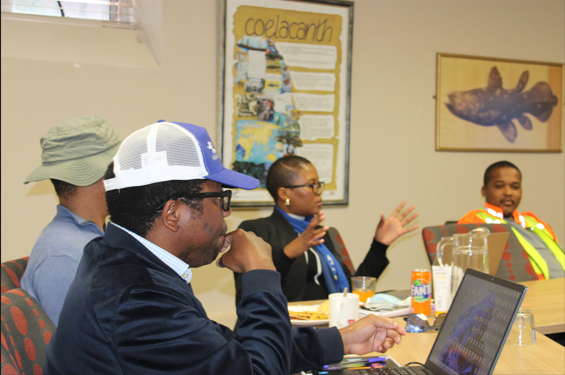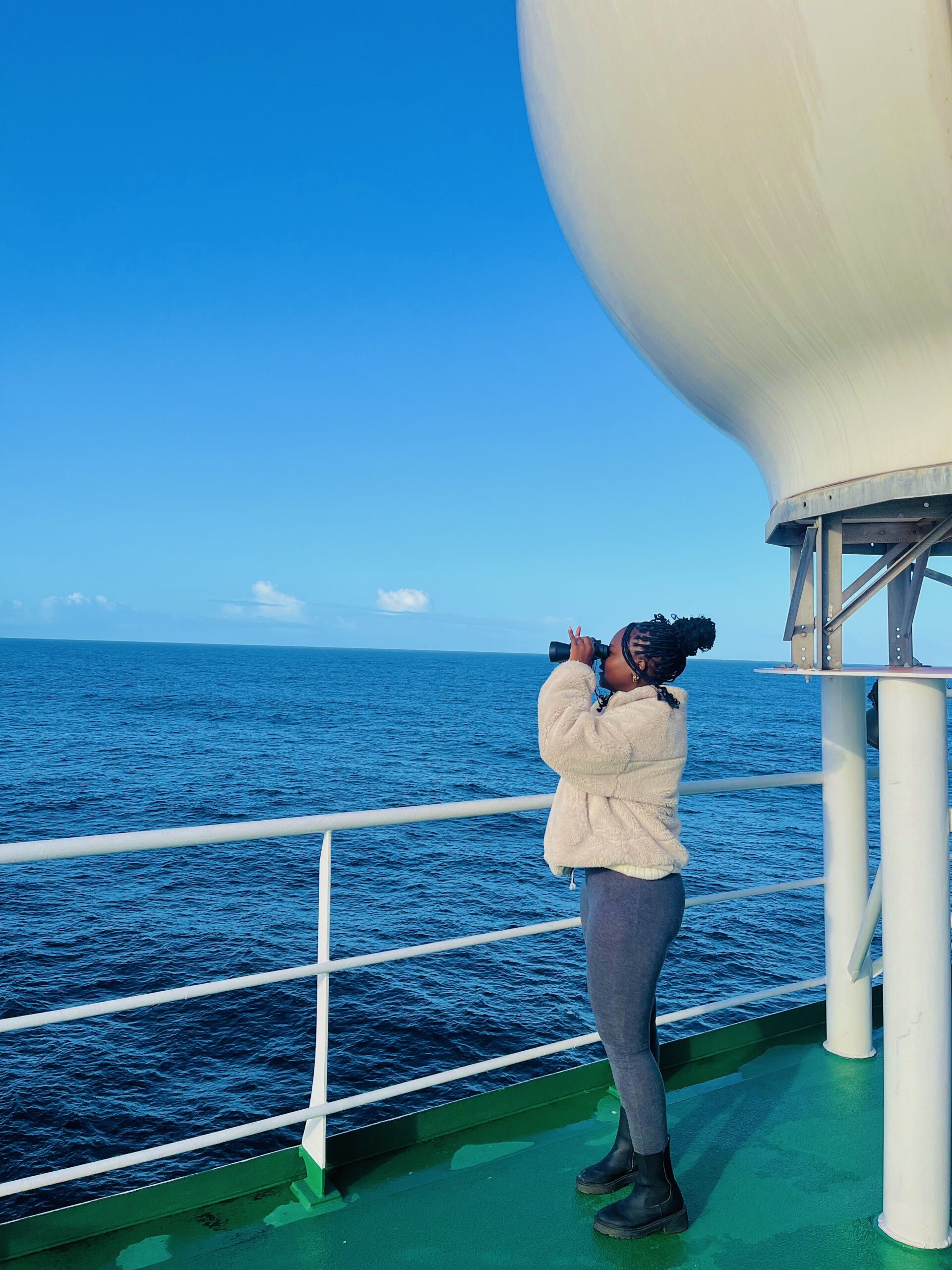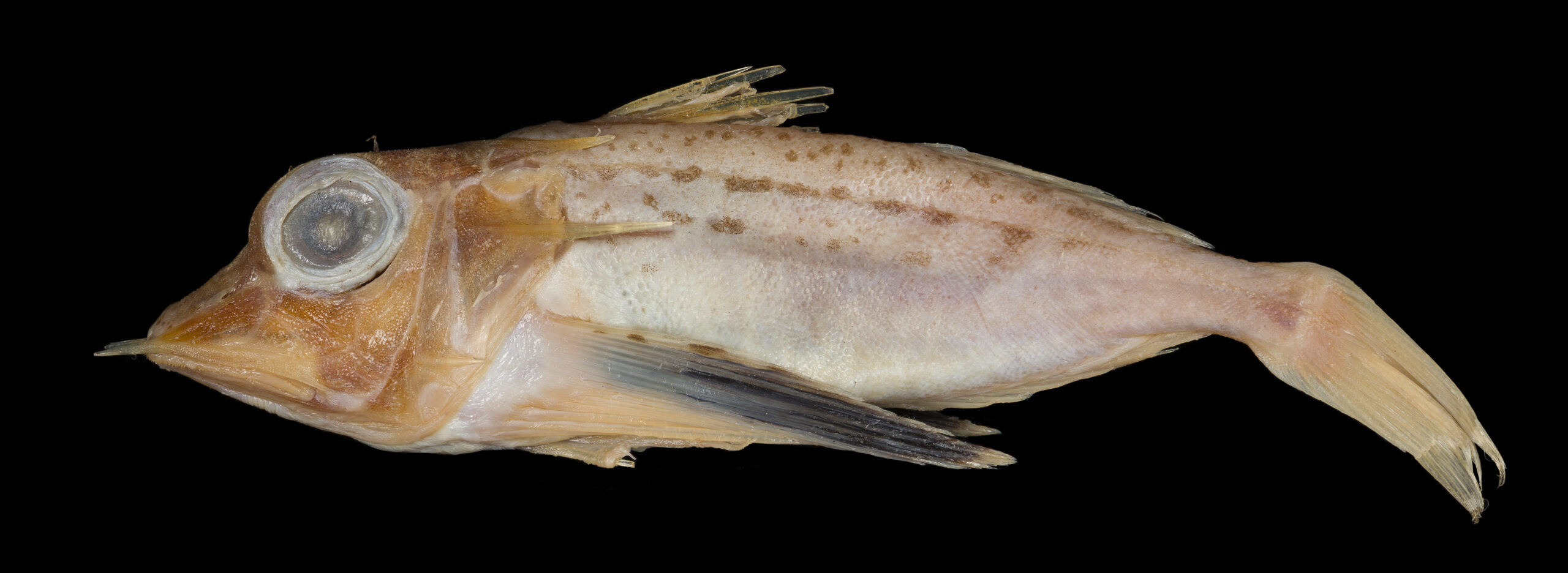Joint press release – SANBI, SAHRA, NRF-SAIAB
8 June 2023 – This World Oceans Day we dive into South Africa’s coastal and marine heritage, through a film that recognises and surfaces the tangible and intangible connections of our people to South Africa’s oceans. Deep Connections is a short film that honours South Africa’s coastal and marine cultural heritage and encourages decision makers to recognise and account for cultural values in marine planning and decision making. The theme for 2023 World Ocean’s Day is ‘Tides are Changing’ and in this spirit the film seeks to better account for the human dimensions in the allocation and management of coastal and ocean space. The film was funded by the CoastWise project of the MeerWissen initiative, funded by the German Federal Ministry for Economic Cooperation and Development (BMZ) and implemented by the Deutsche Gesellschaft für Internationale Zusammenarbeit (GIZ) GmbH. It also draws from transdisciplinary research conducted by the One Ocean Hub, a consortium of researchers working to promote fair and inclusive decision-making for a healthy ocean. The One Ocean Hub brings together people and disciplines to learn from each other and collaboratively influence decisions and practices shaping the future of the ocean for justice and sustainability. The film was locally produced by Let It Rain Films and was co-directed by Emmy award winning Director Lee Doig and Otto Whitehead who drew from several talented film-makers and musicians in compiling this special piece.
Culturally Significant Areas
Developed through a collaboration between natural and social scientists, the film is part of work underway to map Culturally Significant Areas and signals a desire for closer co-operation between the biodiversity, heritage and tourism sectors in identifying and looking after special places along our coast and in our ocean. These extend beyond archaeological sites, shipwrecks and places for recreation to also include intangible cultural heritage.
Deep Connections
The film shows how the identity, livelihood and spirituality of many South African’s are intertwined with our rich coastal and marine biodiversity. Ranging from appreciating our iconic seascapes, rich oral traditions and the deep spiritual connections that South Africa holds, the film calls for wise decision making and for the need to draw from the wisdom of indigenous knowledge systems in ocean governance.
Ocean Heritage
The film is narrated by young researcher, Loyiso Dunga, who is also leading a scientific publication that explains the progress and challenges in this important area of work. Loyiso notes, “The film opens a window into the sacred pathways of our fore-fathers and mothers and their journey to ensure that we inherited a rich seascape and the key principles that allow us to follow in their footsteps’’. Dunga, based at the South African National Biodiversity Institute and funded by Parley for the Oceans is passionate about both natural and cultural heritage and emphasises the need for more work to recognise and account for tangible and intangible heritage in the marine realm. Evidence for this need includes the smaller number of marine heritage sites including World Heritage Sites with cultural heritage being particularly neglected in coastal and marine spaces.
Ruan Brand, a heritage officer in the Maritime and Underwater Cultural Heritage unit at the South African Heritage Resources Agency, is collaborating on research to map Culturally Significant Areas. Ruan sits on South Africa’s Marine Spatial Planning National Working Group and explains the importance of this kind of work as South Africa rolls out its marine spatial planning process, “There has long been a shortcoming in our knowledge of the massive variety of maritime intangible cultural heritage uses that are spread along our coastline. With South Africa’s marine spatial planning process progressing, it is critical that these uses are properly researched so that they may be safeguarded when we make decisions about marine space allocation.” He further noted that the film provides just a small glimpse into some of the different ways that the ocean is linked to intangible cultural heritage in South Africa and that there are many more that will come to light as research progresses.
Kerry Sink, principal scientist from the South African National Biodiversity Institute and Associate Professor at Nelson Mandela University is part of the teams that are exploring integrated and holistic approaches to better safeguard South Africa’s marine heritage. She reflected on the experience and noted the importance of recognising and integrating multiple knowledge forms in solving the complex challenges of managing ocean space. Sink emphasises the opportunities for co-ordinated planning and management that can help optimise the use of ocean space so that more South Africans can benefit. Sink leads the Deep Connections team, a project facilitated by the National Research Foundation’s African Coelacanth Ecosystem Programme which seeks to ensure connectivity is better included in ocean management. This includes human connections, synergies among sectors and the connections between ocean ecosystems. The multiple research teams involved in mapping Culturally Significant Areas are seeking to ensure that South African’s intricate ocean connections, precious ocean cultures, sacred coastal and marine spaces and places of rich oral tradition are safeguarded for future generations.
Sustainable Oceans
The film is a gentle reminder of the necessity to balance the needs and values of people, nature and the blue economy as South Africa strives to grow and develop maritime industries and governance. The film calls for the appreciation of South Africa’s deep cultural connections to the coastal and marine environment and for approaches that can maintain South Africa’s Culturally Significant Areas long into the future. Sustaining the cultural assets and values in the coastal and marine environment can support the blue economy and there are possibilities to link heritage, culture, nature and tourism for multiple benefits for coastal communities and the blue economy.
Editor’s Notes
World Ocean Day is celebrated every year on the 8th of June and this day was set aside by the United Nations (UN) to raise global awareness of the benefits humankind derives from the ocean and our individual and collective duty. These benefits range from the air we breathe and the food we eat to the inspiration that moves our poets. In South Africa, we now include the iconic seascapes, traditional fishing grounds, sacred spaces, places of deep oral traditions and places to play, pray, learn and practice key cultural practices along with significant archaeological sites among the many benefits we derive from oceans.
“Planet Ocean: tides are changing”, is the theme for World Oceans Day 2023 – the UN is joining forces with decision-makers, indigenous leaders, scientists, private sector executives, civil society, celebrities, and youth activist to put the ocean first. This approach signals the need for people to work together in changing the way we appreciate, value and protect the ocean. The inclusion of indigenous people in World Ocean Day activities and beyond is critical if indigenous and knowledge is to inform ocean management.
Contact: For further information and other media queries please contact:
Prof Kerry Sink, SANBI, Tel 0828310536, k.sink@sanbi.org.za
Mr Ruan Brand, SAHRA, RBrand@sahra.org.za, Tel 021 462 4502/ 8672
About Coastwise: The CoastWise project brings together five complementary partner institutions to improve the integrated assessment of South Africa’s land-sea interface. Its aim is to enhance the available knowledge base for informed decision-making, filling important knowledge gaps, translating this knowledge into formats that can be used in spatial management, and building capacity in South Africa and the region. In South Africa, as in many other countries, terrestrial and marine planning have traditionally been separate exercises. Although there is growing understanding that planning must take account of both land and the sea, the multiple and diverse land-sea interactions are still poorly understood by researchers as well as stakeholder communities and decision-makers. Only an integrated approach can properly reflect the connectivity and diversity of the coastal and marine environment and the many connections humans have with coasts and oceans. CoastWise is a project of the MeerWissen initiative, funded by the German Federal Ministry for Economic Cooperation and Development (BMZ) and implemented by the Deutsche Gesellschaft für Internationale Zusammenarbeit (GIZ) GmbH.
About SAHRA: The South African Heritage Resources Agency (SAHRA) is an agency of the Department of Sports, Arts and Culture. It is a statutory organisation established under the National Heritage Resources Act, No 25 of 1999, as the national administrative body responsible for the protection of South Africa’s cultural heritage. The Act follows the principle that heritage resources should be managed by the levels of government closest to the community. These local and provincial authorities will manage heritage resources as part of their planning process. In order to develop the skills and capacities of communities, heritage resource agencies will promote education and training to encourage public involvement in the identification of heritage resources, with the recording of living heritage associated with heritage and oral history a crucial element, because much of the past is undocumented.
About SANBI: The South African National Biodiversity Institute (SANBI) is mandated to monitor and report on the status of the Republic’s biodiversity. Its activities include undertaking and promoting research on indigenous biodiversity and its sustainable use; establishing and managing collections of plant and animal specimens; managing and maintaining all National Botanical Gardens, with their facilities for horticultural display, environmental education, visitor amenities and research; collecting and disseminating information about biodiversity; assisting in the development of a national biodiversity framework, including bioregional plans and strategies; and coordinating programmes in conservation and sustainable use of indigenous biological resources and the rehabilitation of ecosystems.
About SAIAB: The South African Institute for Aquatic Biodiversity (SAIAB) contributes to two National Operation Phakisa Labs through which South Africa has identified the potential to develop the Biodiversity Economy and the Blue Economy. With a significant amount of funding from the Department of Science and Innovation and the National Research Foundation, over the last 10 years SAIAB has developed several high-level platforms capable of undertaking research in various environments which have positioned the Institute as an innovative leader in aquatic biodiversity research. All of SAIAB’s activities – research, student supervision and platform provision – support the Higher Education sector in the education, training and development of the aquatic managers and researchers of the future. SAIAB manages the African Coelacanth Ecosystem Program and facilitates access to valuable research infrastructure.
About the One Ocean Hub: The One Ocean Hub is led by the University of Strathclyde (Glasgow, UK), and it has 18 partner organisations and 21 research partners across the world. The Hub is funded by UK Research and Innovation (UKRI) through the Global Challenges Research Fund (GCRF) – a key component in delivering the UK AID strategy that puts UK-led research at the heart of efforts to tackle the United Nations Sustainable Development Goals.
About Parley for the Oceans: About Parley: Parley for the Oceans is a non-profit environmental organization that focuses on the protection of the oceans.
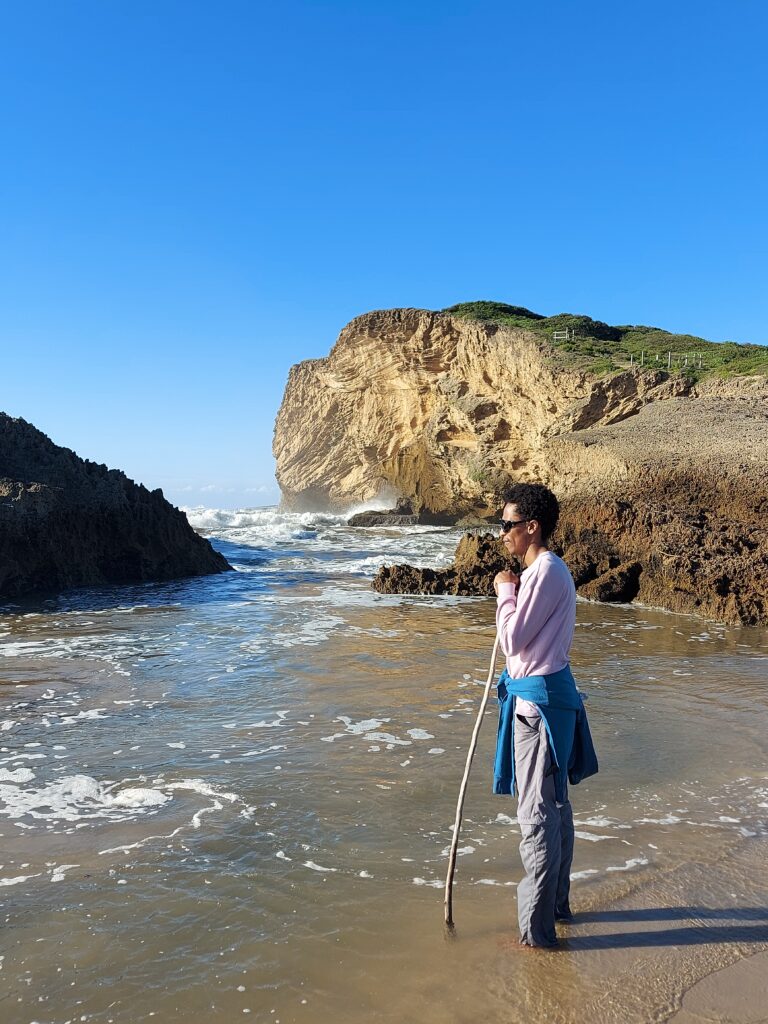
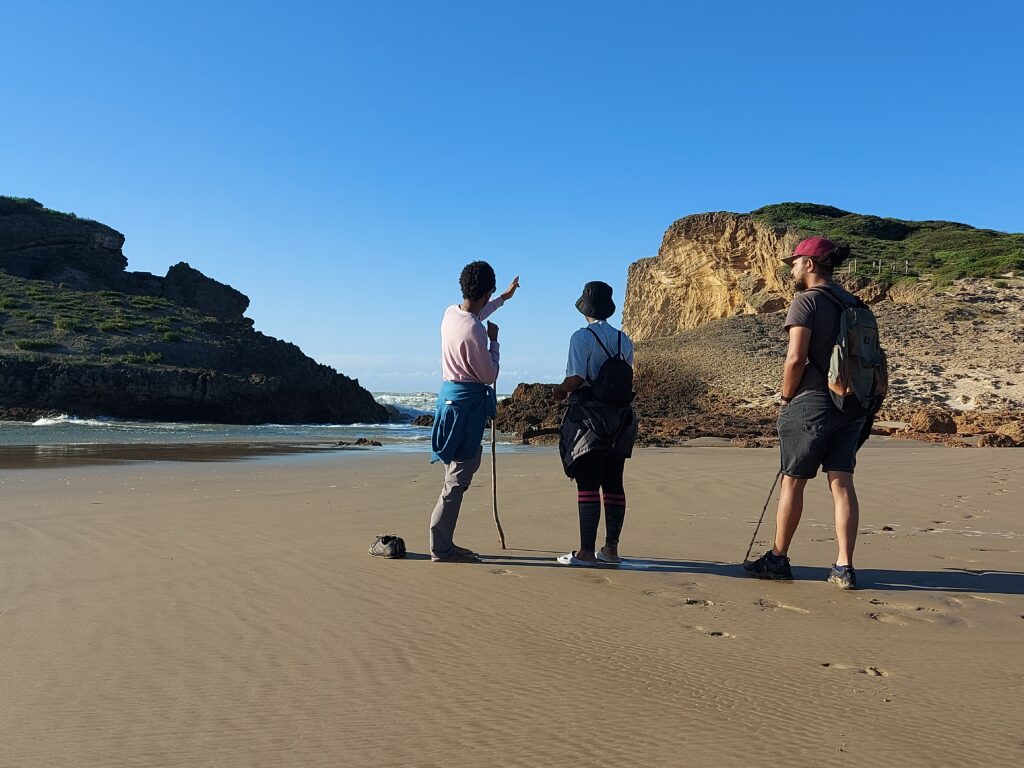
Loyiso Dunga visiting Gompo or Cove Rock, a proposed Culturally Significant Area and a place of deep cultural significance and Loyiso explaining the story of Makhanda Ka Nxele at Gompo Rock
Credit: Kerry Sink, SANBI
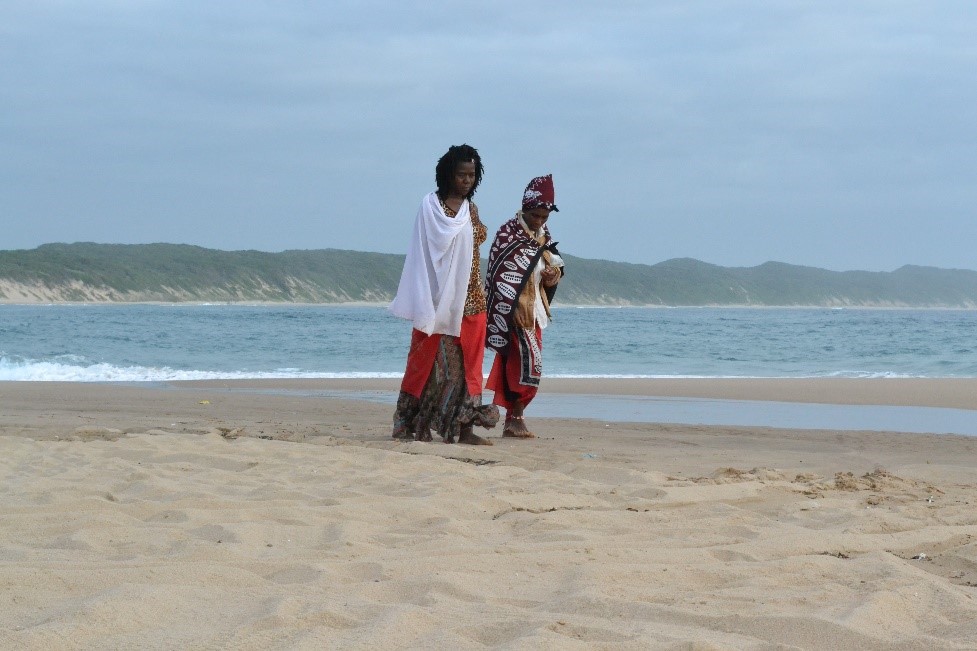
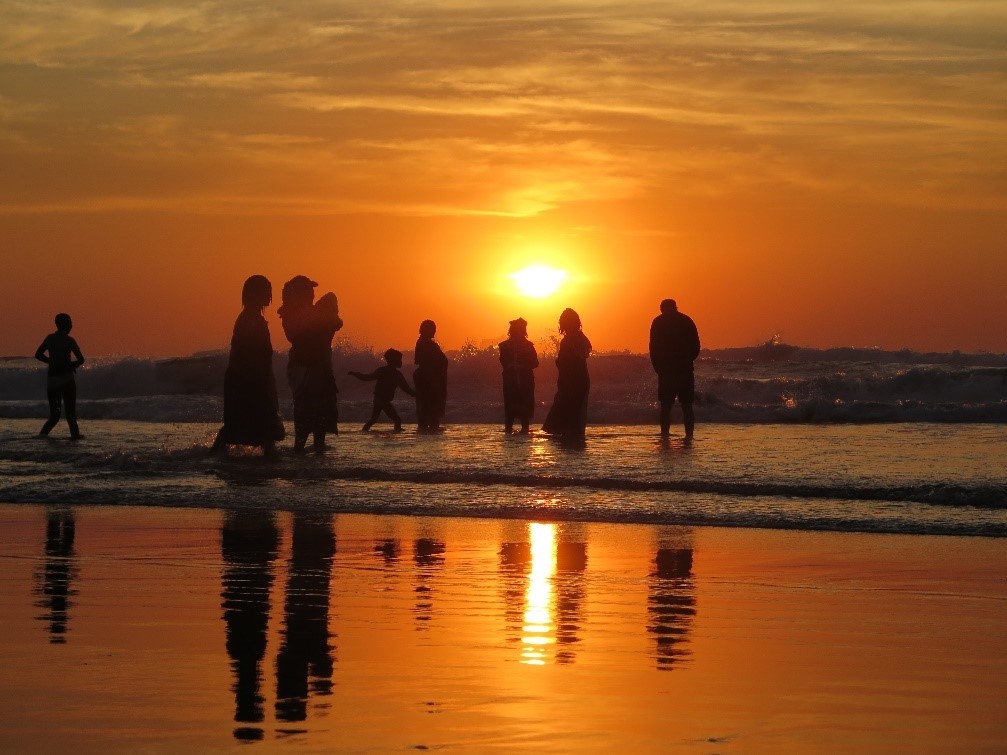
South Africans have deep and diverse connections to our oceans and new work is underway to identify and integrate Culturally Significant Areas in coastal and marine spatial planning and management in South Africa. Credit: Kerry Sink, SANBI
